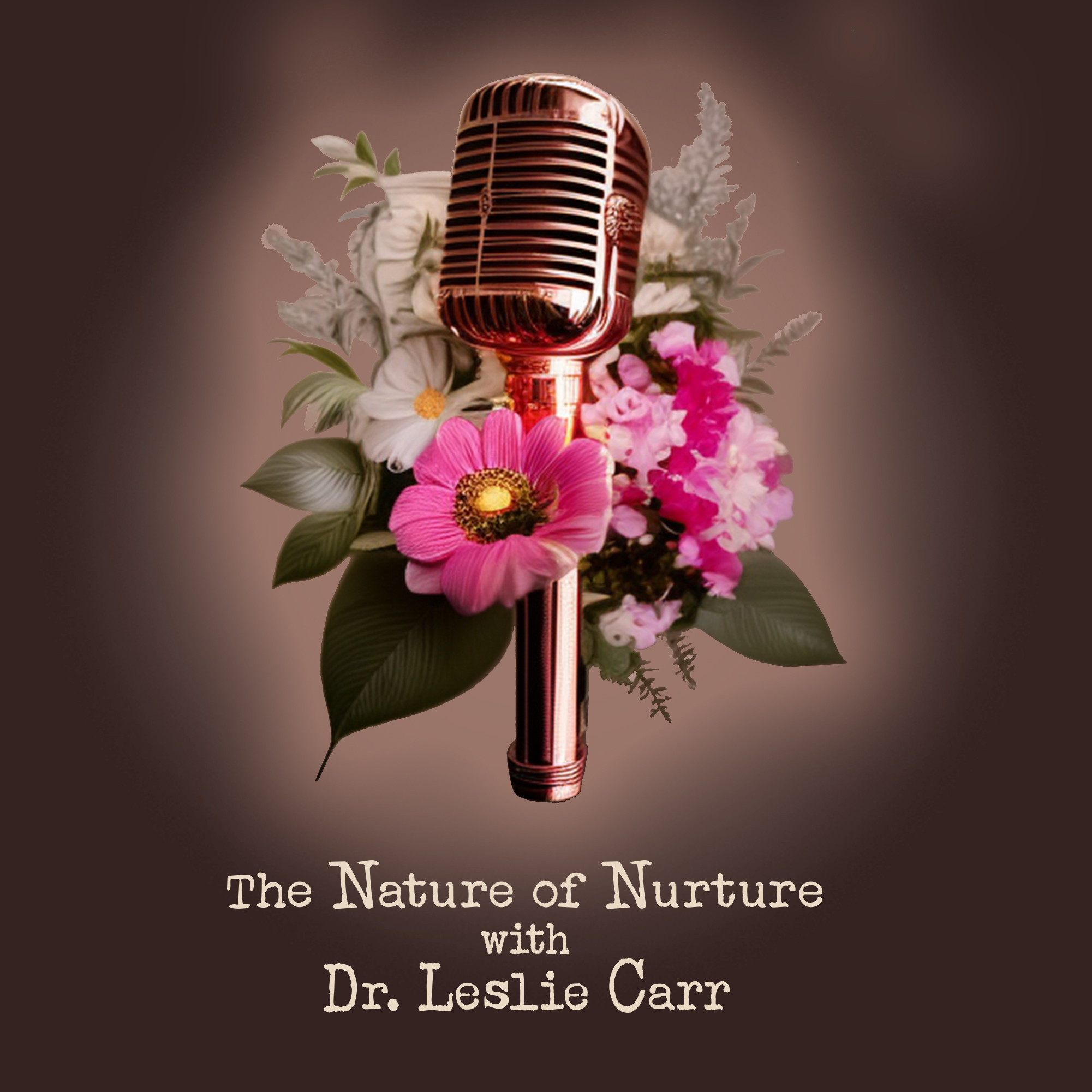In many ways, our emotional lives are nothing more than a collection of stories that we tell ourselves about ourselves. Whether we paint ourselves as victim or victor, bystander or primary actor, our internal worlds are just a collection of narratives about the things that have happened to us and the way that we’ve responded to them.
More to the point, how we feel about our lives is a matter of the stories that we tell ourselves over and over and again.
Go ahead and think about it for a moment: What are some of the stories that you tell yourself about yourself? How do you make sense of who you are?
Beyond the actual narratives, you may notice that you have certain “go-to” feelings that you feel more than others. You tell yourself a certain story and it makes you feel [insert emotion here] – maybe:
Frustrated.
Powerless.
Stuck.
These things, both the stories that we tell ourselves and the feelings that we have about them, become like well-worn grooves in our brains. Not to get too nerdy here, but I actually mean that quite literally: The neurons that fire develop pathways in the brain; the more often they fire in that particular way, the more likely they are to fire that way again.
But here’s where things get REALLY interesting: Those stories aren’t necessarily the truth, and those emotions are often nothing more than habit. Furthermore, the fact that the grooves are so deep means that we’re more likely to keep creating the same types of situations over and over again (circumstances that make us feel, say, frustrated, powerless, or stuck) just because it’s familiar.
It’s what we know.
Want an awesome “life hack?” We can change the way that we feel about our lives, and then start to change our very experiences, by updating the stories that we tell ourselves. It’s like a software upgrade. It goes like this:
Take out a journal and spend some time thinking about a story that you tell yourself that doesn’t feel very good—something off your own personal Very Worst of the ’90s soundtrack. Now, ask yourself the following questions:
- Is there any other way that I could tell myself this story?
- Is there some other version of the same events that’s also true?
Here’s an example: An old story like, “My parents always used to forget to pick me up after school when I was a kid; that made me feel unloved, unlovable, or forgettable” could become, “Actually, as I think about it now, it occurs to me that my parents must have been really overwhelmed; maybe their absent-mindedness had nothing to do with the amount of love they felt for me.”
As you tell the story differently, how does that change the way you feel about your life?
Almost more importantly: Is there anything that you can DO differently now that you have a new story to tell? Feel free to get creative here. How might you act if you had never told yourself those original stories? Would you ask the guy out? Go for the promotion? The sky is the limit here.
Now, shift gears for a moment. Think about an emotion you feel often, one which you would like to be released from. Is it sadness? Anger? Take a moment to think about one of your go-to emotions, then ask yourself the following questions:
- What does that feeling remind me of?
- What’s my earliest memory of having that feeling?
It’s time to embrace the idea that those stories and feelings no longer need to define you.
The good news is that the brain is “plastic,” which is a fancy way of saying that it can create new stories and new neural connections all the time.
What would your life look like if you told yourself only positive stories about your capabilities? How might you do things differently? Can you go out and experiment with new kinds of behavior?
Look forward to meeting the new version of you! And if you’d like to comment on this article or ask questions about it, you can do so by subscribing to my newsletter and joining my private Facebook group right here 🙂


















